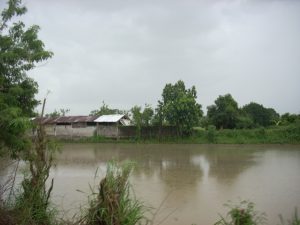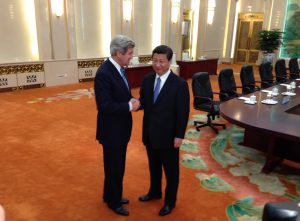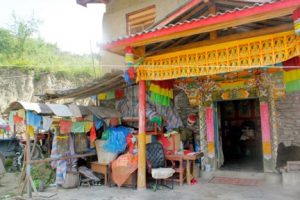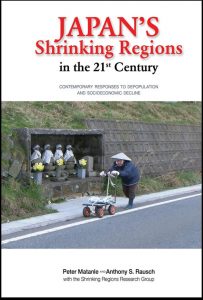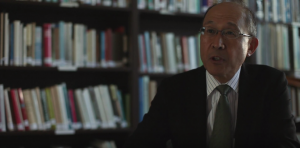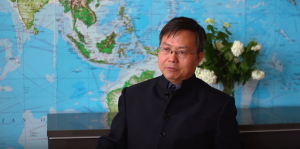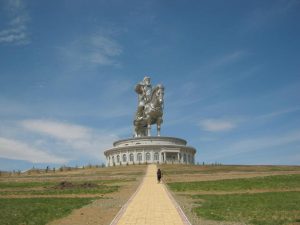Time to Act: Climate Change Adaptation in the Philippines
Memo #243 By Sarah Thomas – sarah.thomas [at] alumni.ubc.ca For a country like the Philippines, which is feeling the effects of climate change and has seen significant changes in weather patterns over the last few years, the need for adaptation is poignant. With floods now an annual occurrence, and drought also a growing concern since rainfall […]
Is the Pacific Big Enough for All of Us?: China’s Shifting Role vis-à-vis North Korea and U.S.-China Strategic Cooperation
Memo #242 By Key-young Son – skyquick [at] hotmail.com A fundamental shift is taking place in China’s idea of its leadership role in Northeast Asia that may have profound implications for the region and its strategic relations with the United States. As a treaty ally of North Korea, China has long been known as a […]
The “Exotic” Minority in Western China: Why Domestic Ethnic Tourism in China May be Doing More Harm than Good
Memo #241 By Brianna Botchwey – blsb2 [at] cam.ac.uk In western China, domestic tourism is on the rise and ethnic tourism is a central but troubling part of this industry. While tourism may provide poorer, minority areas with income, the increase in ethnic tourism is a problematic development for the future of relations between China’s Han […]
Japan as Test Case for a New Age: The Importance of Understanding Local Places
Memo #240 By Anthony S. Rausch – asrausch [at] cc.hirosaki-u.ac.jp Japan faces an aging population and rural out-migration, a sluggish economy and drastic divisions between urban-rural economies, a critical techno-environmental catastrophe and vital debates regarding energy policy. A bleak set of problems, but also a fair representation of some of the issues the world is […]
Downton Abbeystan: Why Central Asia is like Twentieth Century Upper Class England
British TV series Downton Abbey follows the Earl and Countess of Grantham in early twentieth century England as they endeavour to save the immense family estate. Viewers have been enthralled by this fictitious upper class English family’s efforts to make successful marriages for their daughters to ensure the estate remains in the family’s hands—at the time, daughters could not inherit titles and the properties that went with them.
The Asian Century (Video Interview with Masahiro Kawai)
Dr. Masahiro Kawai, Dean of the Asian Development Bank Institute, discusses the importance of peace, security, and stability in achieving an ‘Asian Century’.
Two Challenges for the Mumbai Eastern Freeway: Congestion and Equity
Mumbai’s new Eastern Freeway (MEF) was opened to the public on June 13. The 13.59 km publicly funded MEF is meant to ease congestion between outlying suburbs and downtown Mumbai.
Best Practices Guidelines: Chinese Energy Investment In Canada
Xu Xiaojie, Director of World Energy at the Institute of World Economics and Politics at the Chinese Academy of Social Sciences discusses the relationship between Chinese and Canadian energy companies, and the motivations behind Chinese investment in Canada.
Unhealthy Rituals: How to Address the Occupational Health Hazards of Doing Business in China
As China’s economy has grown, so has its burden of disease. Excessive practices of smoking, drinking and eating, along with a growing commercial sex industry, are leading to epidemics of cancer, diabetes, stroke, other cardio-vascular diseases and sexually transmitted infections. Something must be done about this before it threatens China’s economic growth, but the response must fit the problem.
Tertiary Education in Mongolia: Tackling Mongolia’s Labor Deficit Problem
The Mongolian economy is booming and continues to enjoy an extremely high GDP growth rate. Economic opportunities for citizens in urban and rural settings abound. Mining is a major portion of the economy, with the massive Oyu Tolgoi mining project accounting for a third of Mongolia’s GDP. While World Bank development projects focus on infrastructure development, economic governance and institutional strengthening of the mining sector, the demand for a sufficiently educated Mongolian workforce remains unmet.
